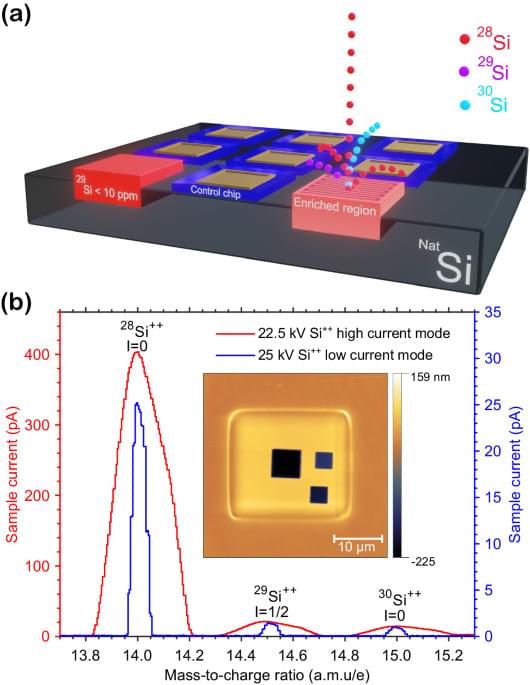Could we be getting close to quantum teleportation? Eat your hearts out sci-fi fans because this could actually happen.


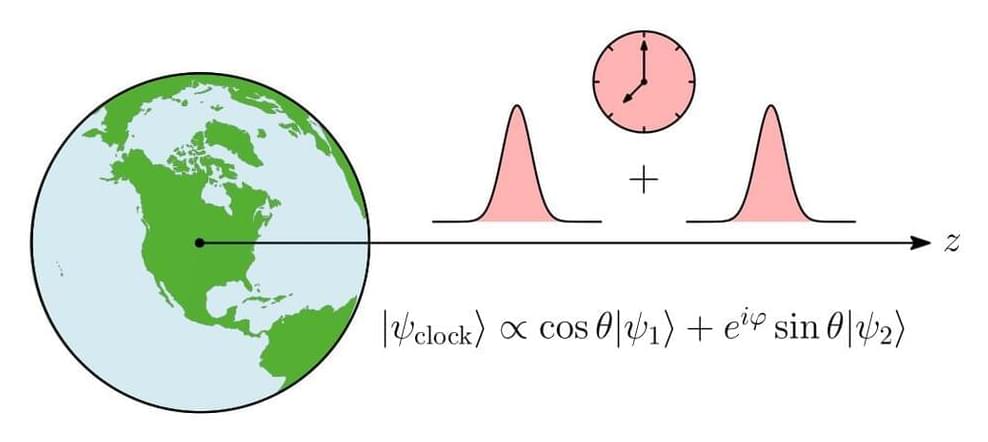
Jerzy Paczos, Kacper Dębski, Piotr T. Grochowski, Alexander R. H. Smith, and Andrzej Dragan, Quantum 8, 1338 (2024). According to relativity, the reading of an ideal clock is interpreted as the elapsed proper time along its classical trajectory through spacetime. In contrast, quantum theory allows the association of many simultaneous trajectories with a single quantum clock, each weighted appropriately. Here, we investigate how the superposition principle affects the gravitational time dilation observed by a simple clock – a decaying two-level atom. Placing such an atom in a superposition of positions enables us to analyze a quantum contribution to a classical time dilation manifest in spontaneous emission. In particular, we show that the emission rate of an atom prepared in a coherent superposition of separated wave packets in a gravitational field is different from the emission rate of an atom in a classical mixture of these packets, which gives rise to a quantum gravitational time dilation effect. We demonstrate that this nonclassical effect also manifests in a fractional frequency shift of the internal energy of the atom that is within the resolution of current atomic clocks. In addition, we show the effect of spatial coherence on the atom’s emission spectrum.
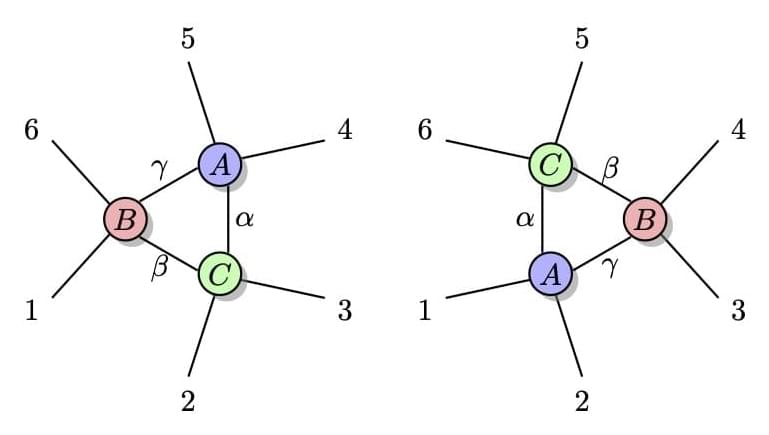
Balázs Pozsgay and Ian M. Wanless, Quantum 8, 1339 (2024). Absolutely maximally entangled (AME) states of $k$ qudits (also known as perfect tensors) are quantum states that have maximal entanglement for all possible bipartitions of the sites/parties. We consider the problem of whether such states can be decomposed into a tensor network with a small number of tensors, such that all physical and all auxiliary spaces have the same dimension $D$. We find that certain AME states with $k=6$ can be decomposed into a network with only three 4-leg tensors; we provide concrete solutions for local dimension $D=5$ and higher. Our result implies that certain AME states with six parties can be created with only three two-site unitaries from a product state of three Bell pairs, or equivalently, with six two-site unitaries acting on a product state on six qudits. We also consider the problem for $k=8$, where we find similar tensor network decompositions with six 4-leg tensors.
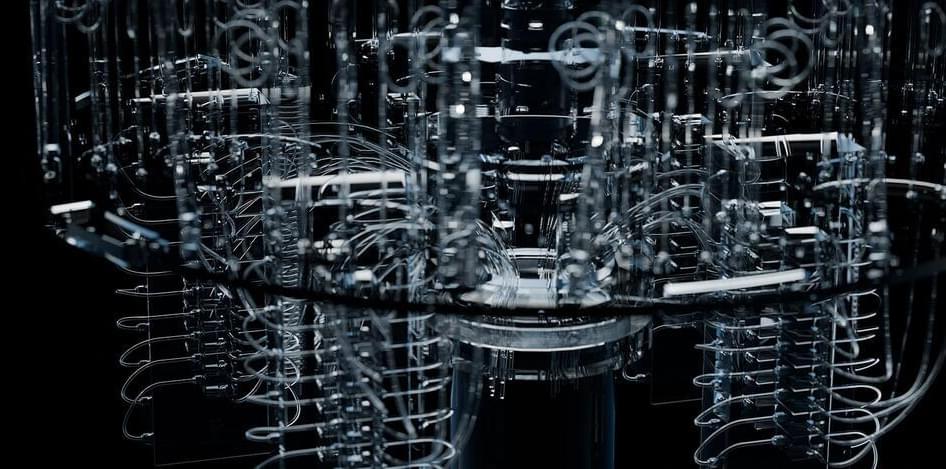
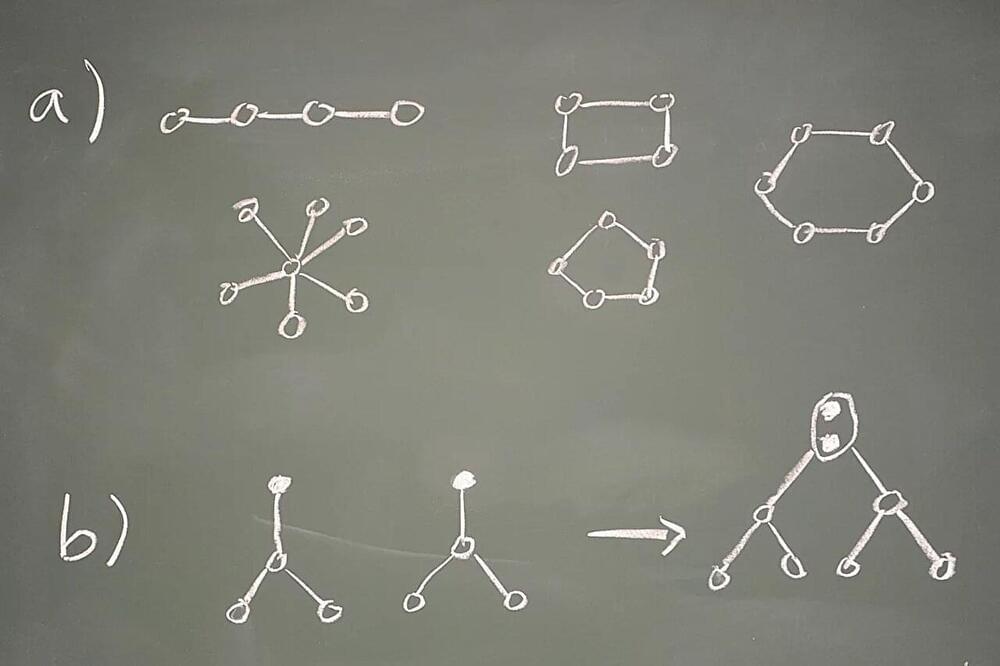
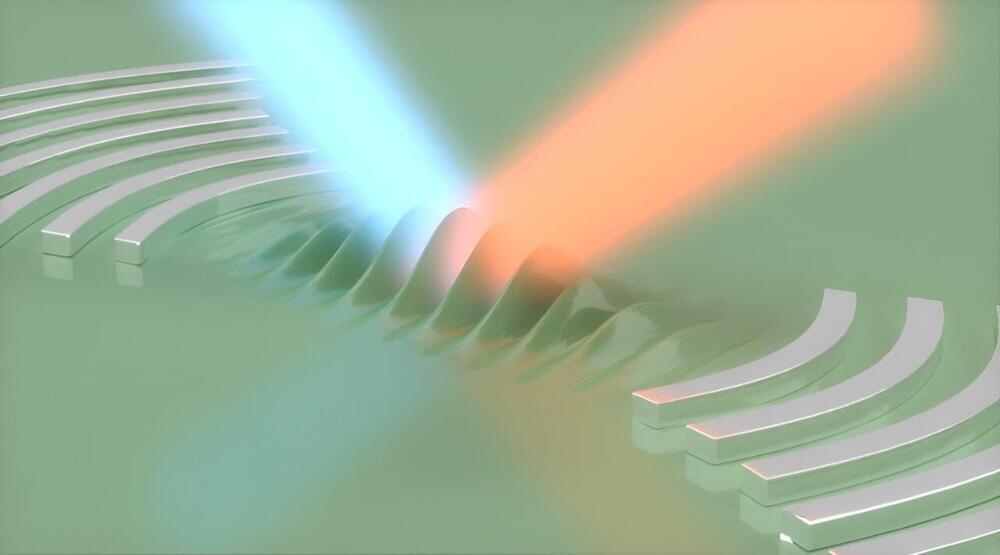
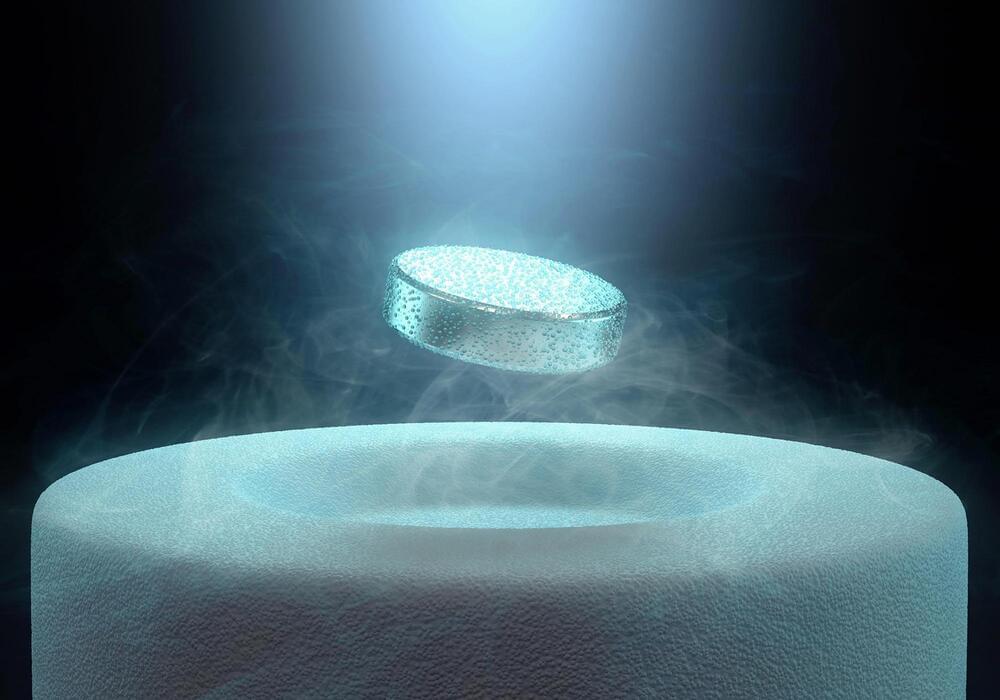
Flatiron Institute senior research scientist Shiwei Zhang and his team have utilized the Hubbard model to computationally re-create key features of the superconductivity in materials called cuprates that have puzzled scientists for decades.
Superfast hovering trains, long-distance power transmission without energy loss, and quicker MRI scanners — all these incredible technological innovations could be within reach if we could develop a material that conducts electricity without any resistance, or “superconducts,” at approximately room temperature.
In a paper recently published in the journal Science, researchers report a breakthrough in our understanding of the origins of superconductivity at relatively high (though still frigid) temperatures. The findings concern a class of superconductors that has puzzled scientists since 1986, called ‘cuprates.’

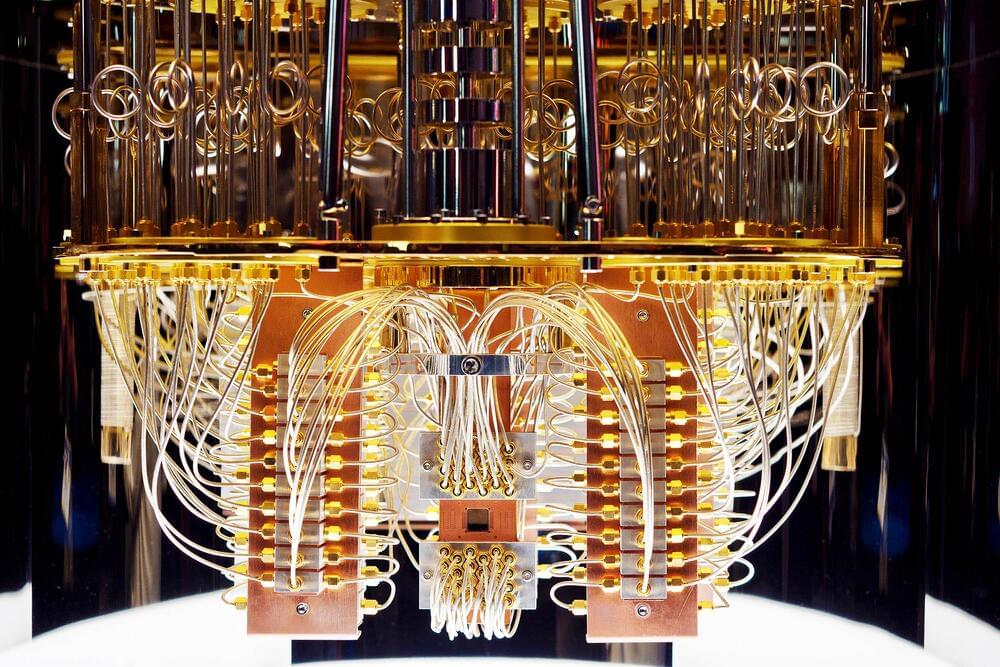
Scientists have produced an enhanced, ultra-pure form of silicon that allows the construction of high-performance qubit devices. This fundamental component is crucial for paving the way towards scalable quantum computing.
The finding, published in the journal Communications Materials – Nature, could define and push forward the future of quantum computing.
The research was led by Professor Richard Curry from the Advanced Electronic Materials group at The University of Manchester, in collaboration with the University of Melbourne in Australia.
